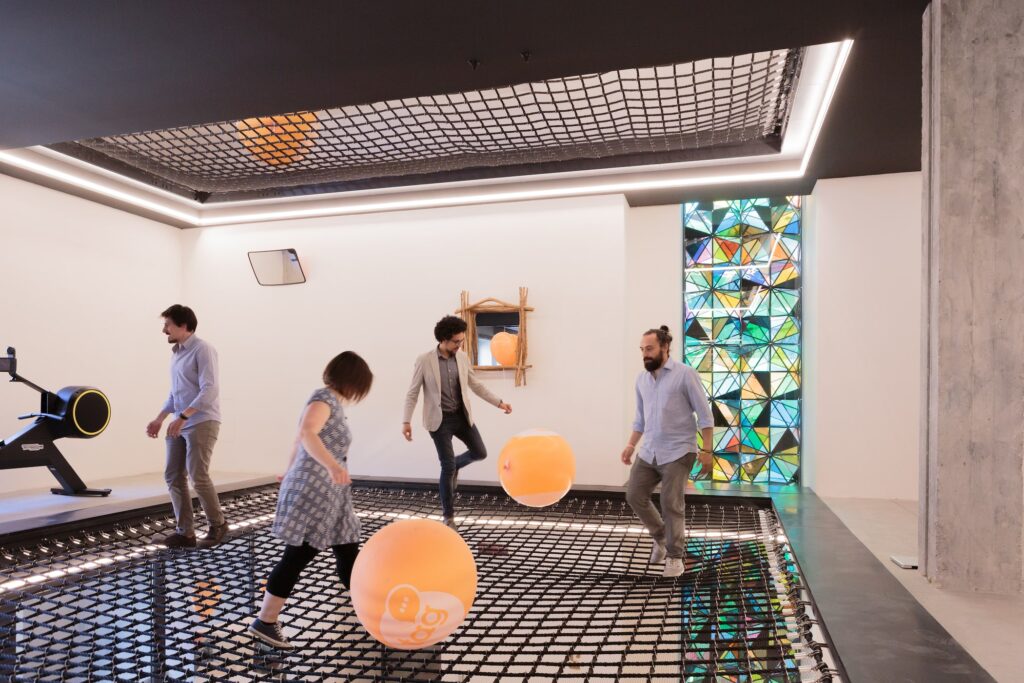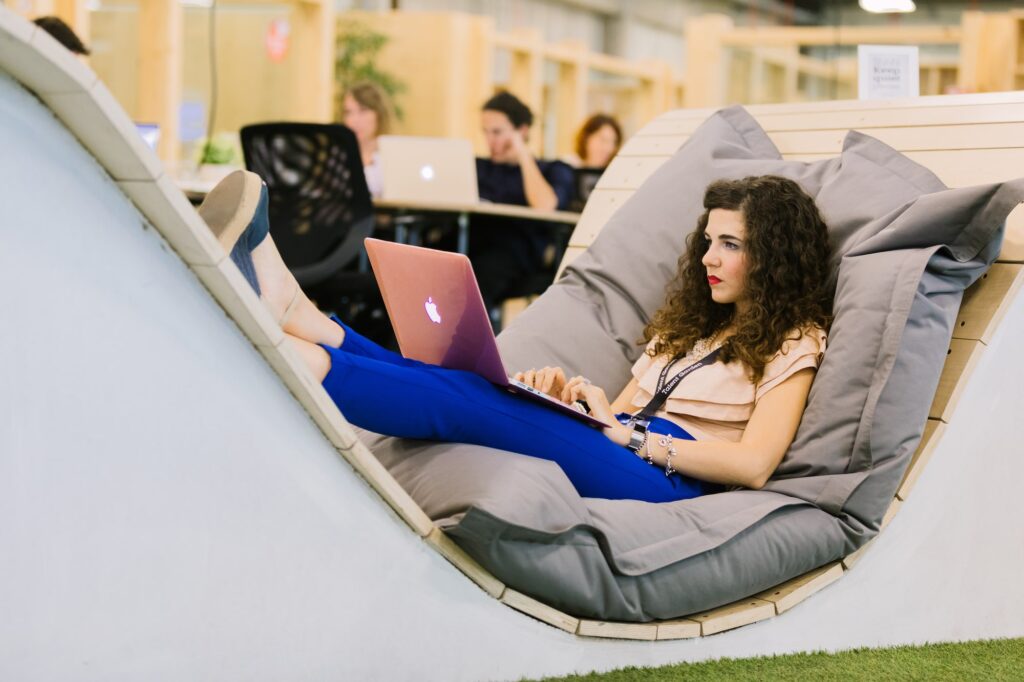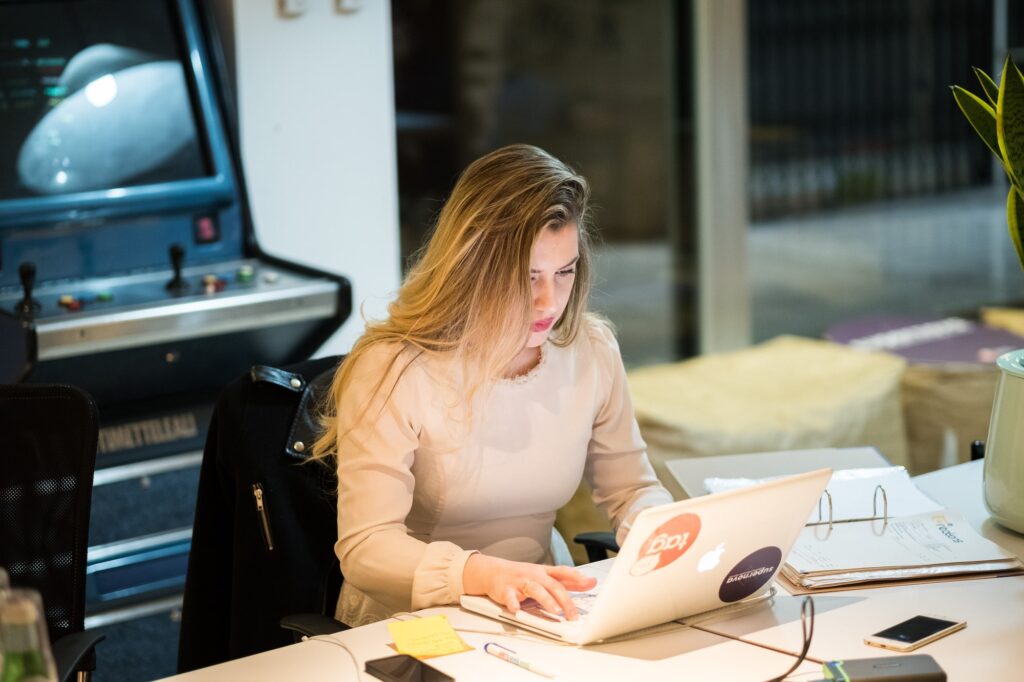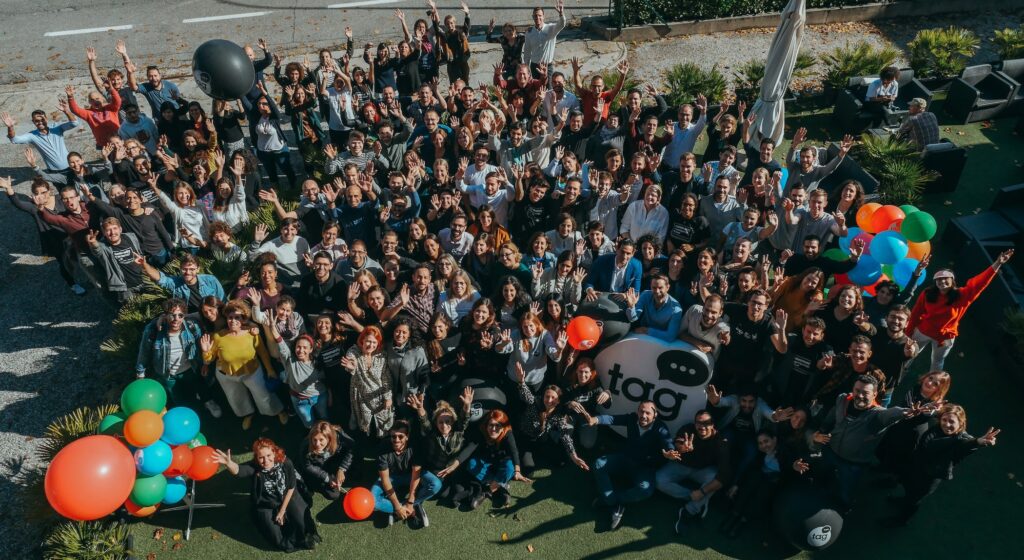Interview with Davide Dattoli, founder & Ceo of Talent Garden
The best way to predict the future is to invent it. The phrase that appears on Davide Dattoli’s personal website is not a saying used to make a good impression, because the 31-year-old from Brescia, a city 90 km from Milan, has remained faithful to his creed. After leaving university, at the age of 21 he founded Talent Garden (not his first startup, which was Viral Farm), which over time goes beyond the shared spaces available to creatives and programmers.
Having crossed national borders to also take root in Madrid, Barcelona, Vienna, Dublin, Copenhagen, Ballerup, Vilnius, Bucharest and Lille, Talent Garden is today the largest networking and training platform in Europe for digital innovation. But how has the world of coworking changed with the pandemic and how could it change in the coming years?
Your mission is to create “places of innovation” to support digital talent and connect them with each other. What does it mean?
Three key words: people, sharing, experimentation. A place of innovation is any place, physical or digital, where there is an exchange of ideas, continuous collaboration between people and an openness to experimentation. This is what from my point of view must be there for a place to be a place of innovation.

Talent Garden has 19 coworking in 8 countries: Italy, France, Austria, Lithuania, Romania, Spain, Denmark and Ireland. How has your business changed with the arrival of Covid-19 and the continuation of the pandemic?
We have transformed our business, mostly physical, in a hybrid physical-virtual business, creating virtual community initiatives of great value, which have seen the collaboration of influential guests from the institutional world, from the world of Venture Capital and the world of innovation at 360 degrees. This has helped to keep our community supported and part of an organization with clear and shared values.
Our community is wide: it gathers the members of our campuses, the students of our master courses, the companies that choose us for their internal training. We are happy to be a daily reference point for them.
What kind of events and initiatives are organized by Talent Garden?
We plan many appointments every day, with networking and community meetings, free workshops with industry experts, activities for wellness and skills updating.
What are the costs for membership? And does the price vary or is it fixed between facilities in different countries?
We have a specific offer for each country. In general the main formulas are 4:
TAG Day – access for one day with a desk in a shared table
TAG Flex – 20 hours per week with a desk in a shared table
TAG Full – 24/7 access with private desk in open space
TAG Office – 24/7 access in private office
The price varies from 20 euros per day to 400 euros per month/person.
What funding have you received since 2011?
Since its foundation, Talent Garden has raised €65M in funding from TIP (Tamburi Investment Partners), CDP Venture Capital Sgr, Social Capital, Indaco Ventures and other leading European family offices to whom we are grateful for the value they have recognized.
What are the most popular and requested courses at your school? And what are the professional opportunities?
When we launched the Talent Garden Innovation School we did so with the goal of not creating unemployed people, and so far we have managed to keep our promise. The percentage of students who are employed after attending our school is 99%.
The five key areas are: programming, data, marketing, design and business and the most attended courses are: Digital Transformation master, Digital HR master and UX Design.

Between your ideas and member requests, how might coworking evolve?
Hybrid work is destined to exist well beyond the pandemic, it is now something that resides in the way many of us experience work.
For example, coworking reduces travel time, which we have rediscovered is often a waste of precious time. But above all, coworking will be a space for human relations and training. It will not only be a work space but also a place where you can learn every day, develop new skills in order to keep up with the ever-changing world of work.
The recent case of Depop shows that in Italy there is talent and propensity for innovation: what do Italian startups need to grow and play a greater role on the international scene?
Talent and growth capital. Italy is a closed ecosystem, able to attract few talents from abroad. Today we need to support the return of Italian brains that have worked in international scaleups and can help Italian ones to scale up as well as attract international profiles to our teams. Alongside this, an effort is needed on growth capital, in Italy it is very difficult to go beyond 10-15 million euros and to build global realities we need rounds of 100-200 million euros that give access to true global scale-up.
There are many companies and entrepreneurs who have invested in Talent Garden: in addition to money and resources, do they also provide input and indications at the business level? In short, is there a lively, two-way relationship?
Absolutely, they are constantly updated on business trends and the company “climate”. In addition, at the end of July 2021, for example, we scheduled a presentation – finally in person – of our three-year plan to collect their feedback. Their point of view is very important to us because of the value of sharing, the exchange of ideas, experiences and lessons learned that each of them possesses.

Courtesy of Talent Garden 
Courtesy of Talent Garden 
Courtesy of Talent Garden
We live in a digital world, whose times are marked by digital platforms, activities and services: are we too dependent on digital or are we in danger of becoming so?
How might this change in the short and medium term future?
Those who do digital have a responsibility, not only to engage but also to build platforms with ethics and social value behind them. Each one of us can make a difference, and there is a window in the next 2-3 years where I think the sector will have to be regulated at European level to guarantee plurality.
Last year you stated that “this is the last period in history where we decide what technology will be and do in the future. Within the next ten years it will be self-sustaining and decide for itself”.
Does this mean that the world is in the hands of artificial intelligence experts and our relationship with technology will depend on their intentions?
Not yet, but the risk that in 5-10 years it will be is there. At the moment we are still building the technology and we have a great chance to define the rules and the goals, in 5 years it could be too late.
In recent years, coworking facilities have multiplied in Europe. You, who started 10 years ago, what are you betting on to keep pushing the market?
Beyond coworking, we are a community of 4500 members, with 3800 students who grow together every day, an ecosystem able to develop talents and personal and professional skills of everyone.
What will coworking look like and what will it be in ten years?
Places of contamination where different people meet, the challenge is to build continuous synergies and make people grow. We call it co-learning.



